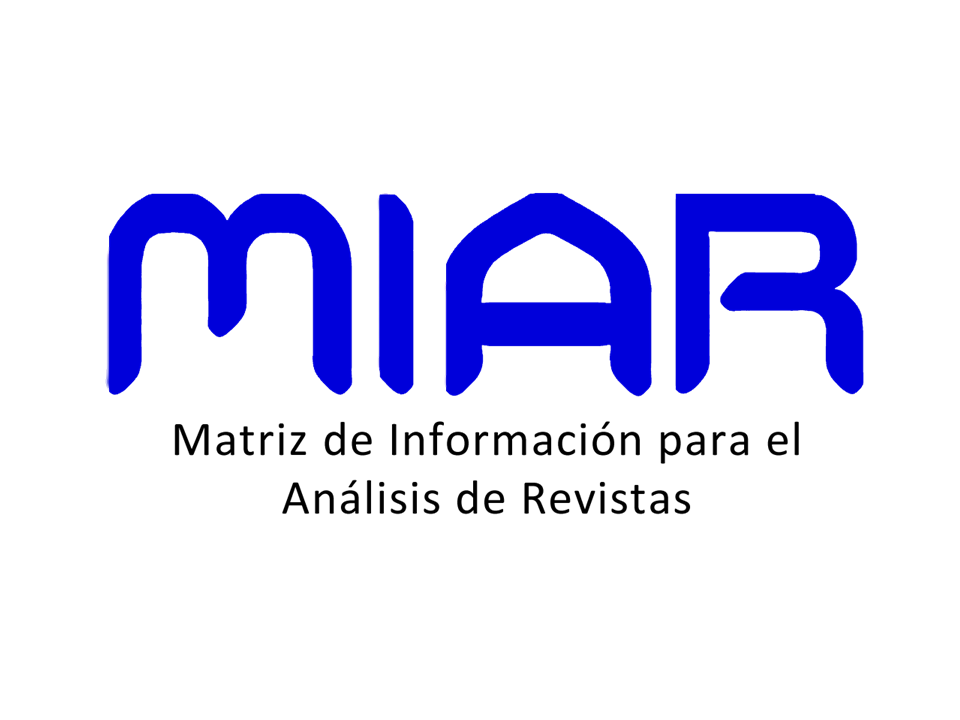PERSONAL PRONOUNS IN FORMAL SPOKEN BRAZILIAN PORTUGUESE: CONFRONTING NORM AND USE
DOI:
https://doi.org/10.22478/ufpb.1983-9979.2021v16n2.58829Keywords:
Personal pronouns, Norm, UseAbstract
A certain tension between norm and linguistic use is evident in the class of personal pronouns. In general, school grammars and textbooks present a classification of the personal pronouns and verb inflections that accompany them, which have long since fallen out of favor in the vernacular. In this work, the treatment of personal pronouns in two school grammars, two classical traditional grammars and two grammars of linguists is investigated. The use of pronouns by educated speakers is investigated in a corpus formed by ten interviews with researchers and eight college lectures. Two main differences were observed in the confrontation between the norm prescribed by grammars and the use of personal pronouns in real speech situations. The first concerns the use of the forms você and vocês as second person pronouns of speech by the informants of the corpus. These forms are not part of the pronouns framework presented by school grammars and traditional grammars. The second difference concerns the use of the pronouns of the so-called "pronomes do caso reto" functioning as direct complements. Occurrences such as “Eu vou concluir ele” and “Eu levei ele para o laboratório" were found, a use considered incorrect by school grammars and traditional grammars.










